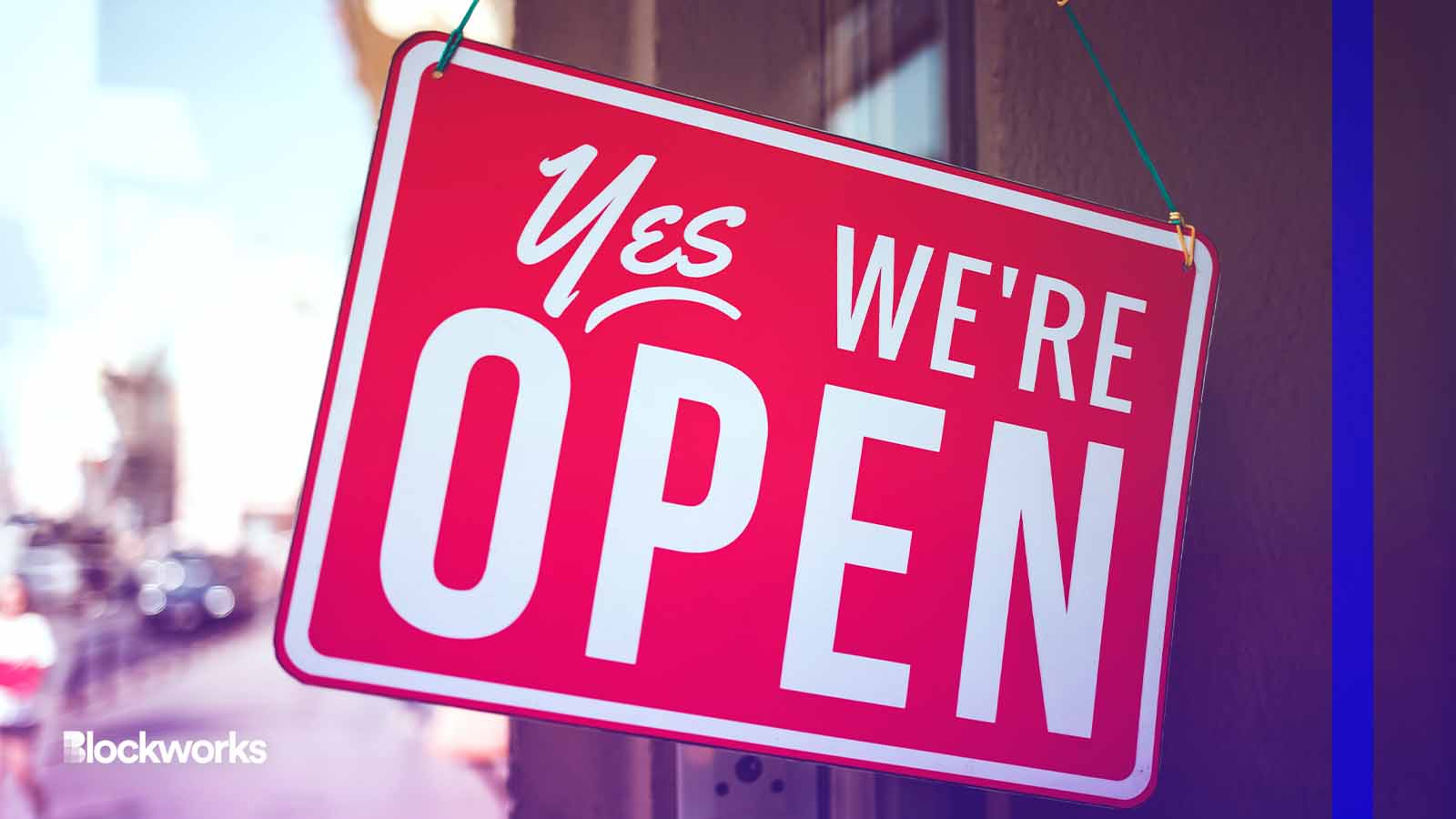MoonPay is open for business in Liechtenstein
The new license does not extend to other countries, preventing MoonPay from offering similar services throughout Europe

Andriiii/Shutterstock modified by Blockworks
MoonPay locked down yet another European registration on Monday. This time, it’s in Liechtenstein, a small European country that borders Switzerland and Austria.
MoonPay is officially a licensed trustworthy technologies and exchange service provider, following approval from the Liechtenstein Financial Market Authority. It can now facilitate the exchange of digital assets and fiat currencies within Liechtenstein’s borders.
Crucially, this license does not extend to other countries, preventing MoonPay from offering similar services throughout Europe.
The same dynamics are present with MoonPay’s Irish virtual asset service provider license, which it received from the country’s central bank in August.
The UK also granted MoonPay regulatory approval in December 2022. And in June of the same year, it became a VASP in Italy.
MoonPay, a company chiefly known for its fiat-to-crypto “onramp” solution, is readying itself for Europe’s Markets in Crypto Assets (MiCA) legislation. MiCA was passed in April 2023 and will come into full force in 2024.
“MoonPay is thrilled to expand upon our European registrations as further evidence of our compliance with European regulations,” MoonPay co-founder and Chief Financial Officer Max Crown said in a statement. “We continue to monitor developments in the implementation of MiCA and will fully comply with that framework once it takes effect.”
Liechtenstein’s regulatory framework for financial service providers that intersect with blockchain came into effect in January 2020. That framework now applies to MoonPay and its main concern is “client protection.”
And once a firm is registered, it must meet requirements on an “ongoing basis.”
Some requirements include having a minimum amount of capital, having sufficient internal control mechanisms, maintaining reporting obligations, among others.
Should a registered firm fail to meet any of the requirements, it could be penalized with a fine of 100,000 Swiss Francs (approximately $112,000).
Get the news in your inbox. Explore Blockworks newsletters:
- The Breakdown: Decoding crypto and the markets. Daily.
- 0xResearch: Alpha in your inbox. Think like an analyst.






